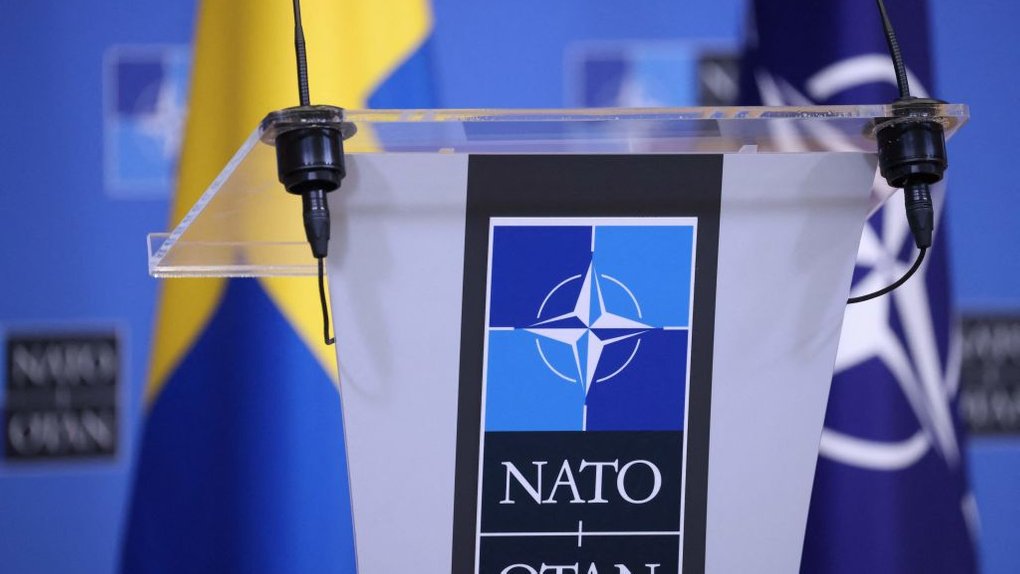Ukraine plans to adopt NATO medical standards for combat trauma treatment
Ukraine is forging closer ties with NATO as it adopts the alliance's medical standards for combat trauma assistance and accelerates efforts to develop new clinical protocols based on the Joint Trauma System.


Ukrainian Deputy Minister of Defense Natalia Kalmikova has announced the establishment of a unified and effective system for aiding wounded soldiers, following NATO standards and drawing on the combat expertise of Ukrainian medical personnel.
Since the onset of the full-scale invasion, the Alliance has stood by Ukraine, condemning Russian military aggression. In the autumn of 2022, Ukraine sought expedited NATO membership to bypass the Membership Action Plan, a move supported at the 2023 summit in Vilnius.
However, specifics regarding Ukraine’s accession, such as the accession date, were withheld, as many officials fear Ukraine’s membership in NATO would trigger a direct war with Russia—an outcome the international community seeks to avoid.
As with any large organization, NATO requires cohesive frameworks to facilitate operations and ensure coordinated action among member states’ armed forces.
These frameworks, known as NATO standards, prioritize interoperability among member states’ forces to bolster the Alliance’s unity and efficacy in responding to threats against its members. Ukraine has been working on implementing such standards since 2022 but intensified its efforts after the start of the Russian war.
Representatives from the Ministry of Defense, the Ministry of Health, the Medical Forces Command, civil organizations, and combat medics participated in the meeting on forming a combat trauma aid system according to NATO standards.
Among the main topics were the volumes of pre-medical assistance and the modernization of tactical medicine. Special attention was paid to training specifics, collaborative work on evidence-based protocols, and the collection of statistical data.
“We are creating a unified and effective system for providing medical assistance to the wounded based on NATO country standards and the combat experience of Ukrainian medics. Therefore, joint work and assistance from those creating life-saving conditions on the front lines since 2014 are essential to us. Grateful to everyone for participating in the event and discussing pressing issues of change,” emphasized Kalmikova.
At the same time, Ukraine’s First Deputy Minister of Health, Serhii Dubrov, noted that active efforts are currently underway to develop new clinical protocols based on the Joint Trauma System.
“We plan to prepare 30 protocols by the beginning of autumn. We invite everyone to participate in the discussion,” added Dubrov.
During the meeting, the officials discussed reforming the new system for training military personnel in tactical medicine.
“Today, we need to reboot the training system and reach a qualitatively new level. Training should be conducted according to unified rules and based on the best domestic and foreign experience,” added Oksana Sukhorukova, Head of the Health Department at the Ministry of Defense.
Meanwhile, NATO Secretary General Jens Stoltenberg said that NATO wants to develop approaches to make assistance to Ukraine “more predictable and even more stable.”
“We are developing long-term financial commitment plans (for Ukraine),” Stoltenberg emphasized.
Stoltenberg made these remarks during a joint press conference in Warsaw with British Prime Minister Rishi Sunak, according to Ukrinform.
According to the NATO Secretary General, today’s decisions will affect future generations. He pointed out the threat posed by Russia, which receives support from China, Iran, and North Korea.
“Security issues are not regional but global. We must act together with partners who share our values to ensure transatlantic security,” emphasized the head of the North Atlantic Alliance.
Stoltenberg emphasized that NATO is a defensive alliance that does not seek conflict with Russia. At the same time, he stressed that the Alliance intends to ensure the security of people living in the territories of Alliance countries.
Read also:
- Russia attacks Ukraine with 82 air targets, hitting energy infrastructure in Lviv, Kyiv, Kharkiv, Zaporizhzhia oblasts
- Zelenskyy: Russia has a goal to drive people out of Kharkiv


